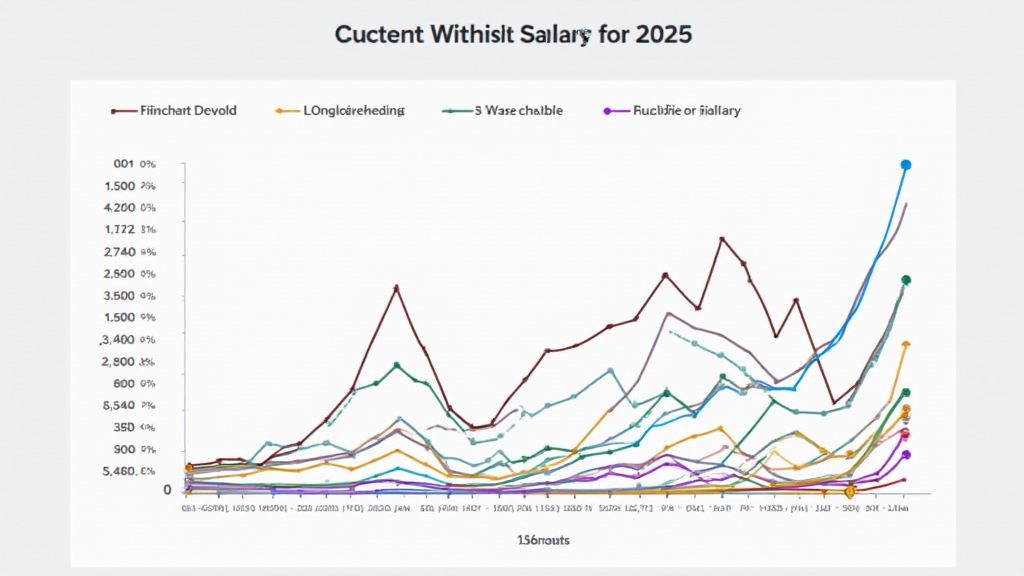The Rise of Vietnam Real Estate Bonds
The Vietnamese economy has shown remarkable growth, with a projection of reaching $1 trillion GDP by 2025. Investors are keenly eyeing the growth of Vietnam real estate bonds, which have emerged as an appealing investment option amid rising global interest rates.
In 2024, the demand for real estate in Vietnam skyrocketed, with foreign direct investment (FDI) into real estate hitting a record high of $7.5 billion. As the market matures, more investors are seeking secure and efficient ways to engage with the Vietnamese real estate landscape. Vietnam’s increasing digital adaptation, especially in finance, offers a unique synergy with real estate bonds.
Understanding Vietnam’s Real Estate Bond Market
Real estate bonds are essentially debt securities issued by property developers, allowing investors to fund real estate projects in return for interest payments. They represent a critical mechanism for developers to raise capital efficiently. Investors get the chance to earn fixed returns while also supporting real estate developments that add value to the economy.

Resilience of the Vietnamese Real Estate Market
- Market Growth: The real estate sector contributes approximately 10% to Vietnam’s GDP.
- Increased Urbanization: By 2025, over 45% of Vietnam’s population is expected to live in urban areas, fueling housing demand.
- Growing Middle Class: With a projected middle class of over 33 million people by 2025, demand for housing continues to surge.
However, investing in real estate bonds is not without risks. The lack of transparency in some projects and potential credit risks of developers pose significant challenges for investors. Understanding these dynamics is crucial for anyone interested in Vietnam real estate bonds.
Regulatory Framework and Security Standards
In the context of blockchain, the introduction of tiêu chuẩn an ninh blockchain is becoming increasingly important. Vietnam’s government is actively working to regulate these financial instruments to enhance investor protection. In 2025, new laws are expected to ensure that all real estate bond issuances follow strict guidelines, which should improve market trust.
Key Regulations and Compliance Standards
- The Ministry of Finance has stipulated that bond issuers must disclose their financial statements.
- Investors will be required to undergo KYC (Know Your Customer) processes to mitigate fraud risks.
- Blockchain technology will be used to secure transactions, offering better transparency and security.
These regulatory measures aim to foster a safer investment environment, ultimately boosting the attractiveness of Vietnam real estate bonds.
Investment Trends and Opportunities
The focus on sustainability is reshaping the Vietnamese real estate landscape. Smart city projects, green buildings, and sustainable practices are gaining traction. Investors can capitalize on this shift towards environmentally conscious developments.
Emerging Investment Options
- Green bonds are becoming popular among investors who prioritize environmental considerations.
- Co-investment opportunities with reputable developers are on the rise.
- Blockchain solutions are facilitating fractional ownership, allowing smaller investors to participate.
As a result, the landscape for Vietnam real estate bonds is transforming, presenting lucrative prospects. By 2025, experts anticipate that investments in sustainable real estate will see a compounded growth rate of over 20%.
Challenges and Considerations
Despite the numerous advantages, potential investors must be wary of various challenges when entering the Vietnamese real estate bond market.
Identifying Risks in Investment
- Market volatility remains a concern, and sudden shifts can affect bond valuations.
- Credit risks associated with developers can lead to bond defaults.
- External factors, such as economic downturns or regulatory changes, pose investment risks.
Investors should conduct thorough due diligence and consider diversifying their portfolios to mitigate risks associated with Vietnam real estate bonds.
How to Get Started with Vietnam Real Estate Bonds
Getting started in the Vietnam real estate bonds market requires preparation and knowledge. Here’s a step-by-step guide:
- Research – Understand the real estate landscape and identify credible developers.
- Consult Professionals – Work with financial advisors who specialize in Vietnamese markets.
- Diversify – Consider a mix of stable and emerging real estate bonds.
- Monitor – Stay informed about market trends and regulatory changes.
- Plan Exit Strategies – Always have a strategy for liquidating investments if necessary.
Tools such as investment simulators can offer insights into potential returns and risks associated with Vietnam real estate bonds. Additionally, staying engaged with ongoing local workshops can be beneficial.
Conclusion
In conclusion, the Vietnamese real estate bond market is evolving, presenting an exciting landscape for both local and international investors. Key trends towards sustainability, regulatory enhancements, and advancements in technology such as blockchain are setting the stage for a robust investment environment.
Ultimately, understanding the market dynamics and being abreast of regulations will help investors unleash the full potential of Vietnam real estate bonds. Engaging with reputable financial services ensures informed decision-making to navigate this rapidly changing sector.
As the landscape shapes up, staying informed and adaptable will be the cornerstone of successful investments. For more insights and updates on cryptocurrency and investment opportunities in Vietnam, visit allcryptomarketnews.
Author: Dr. Nguyen Van Thang, an expert in financial technologies and blockchain security with over 15 published papers and contributions to major auditing projects in Southeast Asia.






